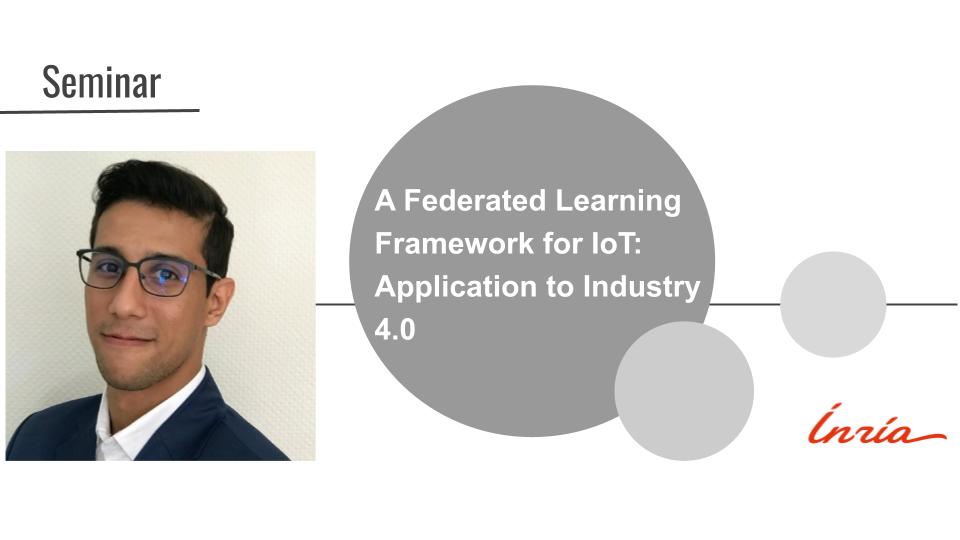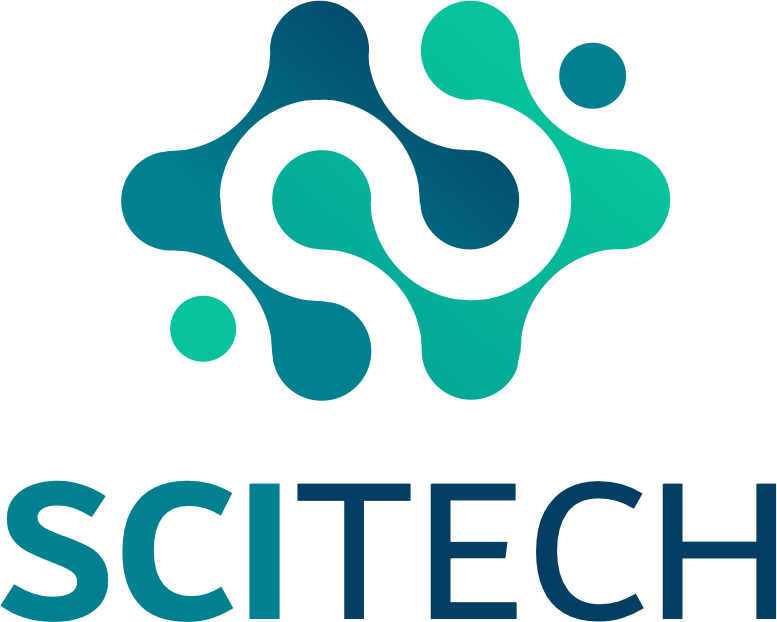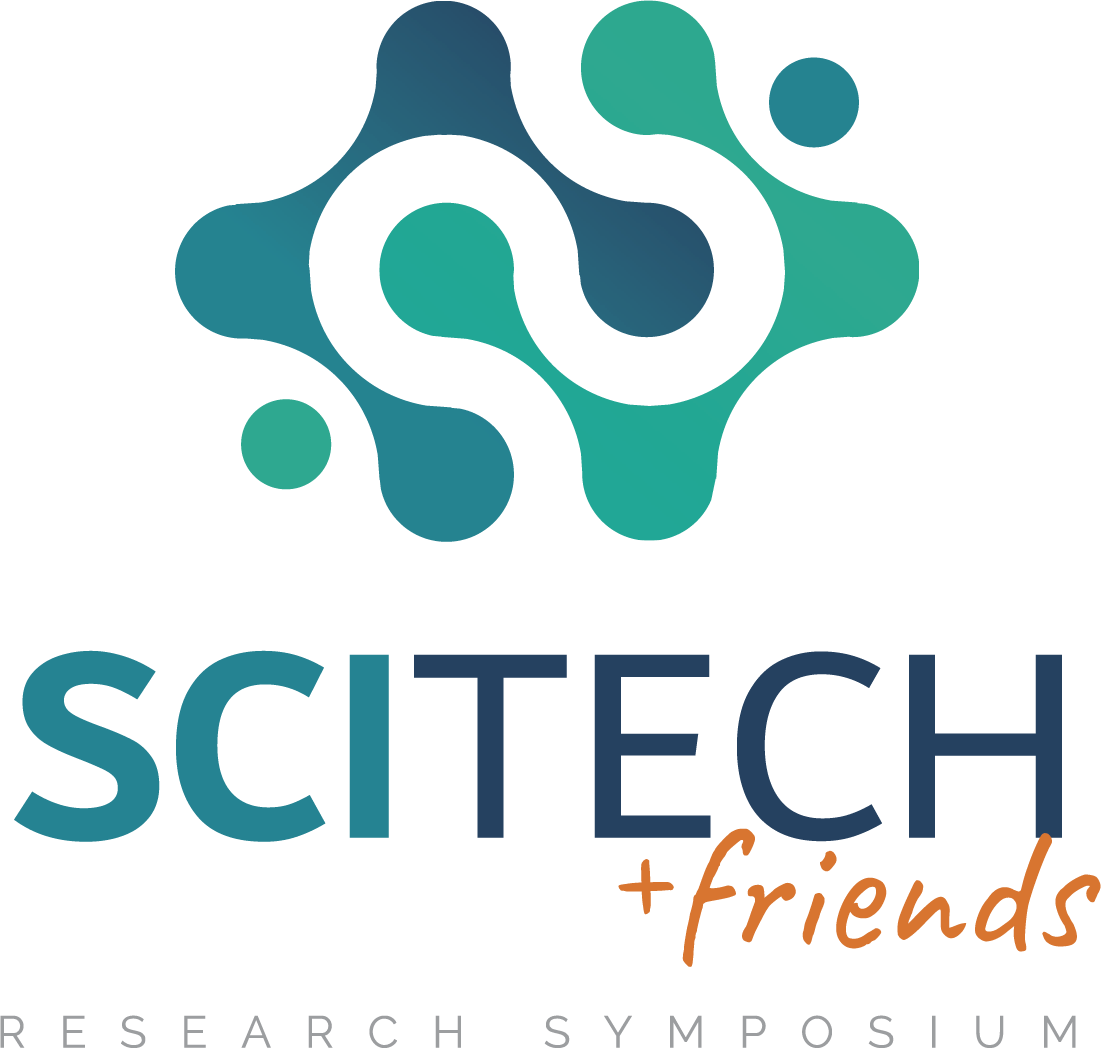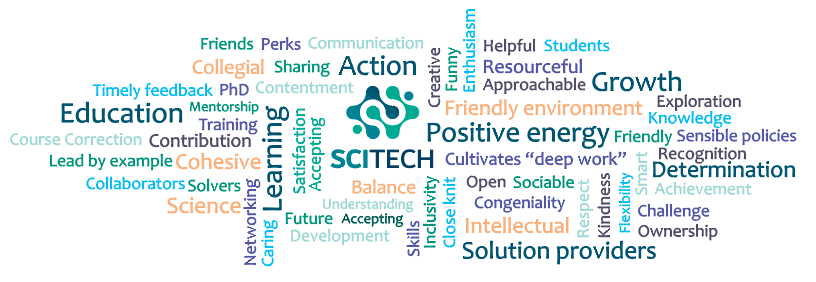Seminar: A Federated Learning Framework for IoT: Application to Industry 4.0

Predictive maintenance aims at anticipating the failures of industrial equipment to allow an early scheduling of corrective actions. Such an approach to maintenance is based on a detailed analysis that considers the technical and contextual characteristics of the specific industrial equipment. However, this analysis requires an important period of time to collect a significant quantity of data in order to train a predictive model. Federated learning is a promising approach that allows multiple participants to build collaboratively a global predictive model. This approach has been widely explored in generic IoT applications and large-scale architectures. However, implementing FL in real-world environments requires considering several issues to adapt it to existing IoT architectures, including managing/orchestrating federated tasks and dealing with computing resource limitations. Indeed, most current research focuses on aggregating heavyweight deep learning algorithms. In this talk, we present an architecture for FL in the context of IoT, based on the ETSI-standardized 3-layer architecture. We also outline a stacking-based aggregation method to build the global model in a cost-effective manner. Finally, we evaluate the performance and efficiency of this approach on real-world usage scenarios
- When: Wednesday, April 12, 2023, 11:00am – 12:00pm PDT
- Where: MDR #1014 Conference Room
- This event is open to the public.
- Type: Scientific Computing Seminar
Speaker: Hamza Safari, PhD Student, INRIA Grenoble research center
Bio:
Hamza Safri is a PhD Student in his second year at the INRIA Grenoble research center in France. He completed his first engineering degree in network and telecommunications at the National School of Applied Sciences in Safi, Morocco, followed by a research master’s degree in IoT at the National Institute of Applied Sciences in Toulouse, France. Hamza’s research interests revolve around federated learning, industrial IoT, edge computing, and predictive maintenance.




